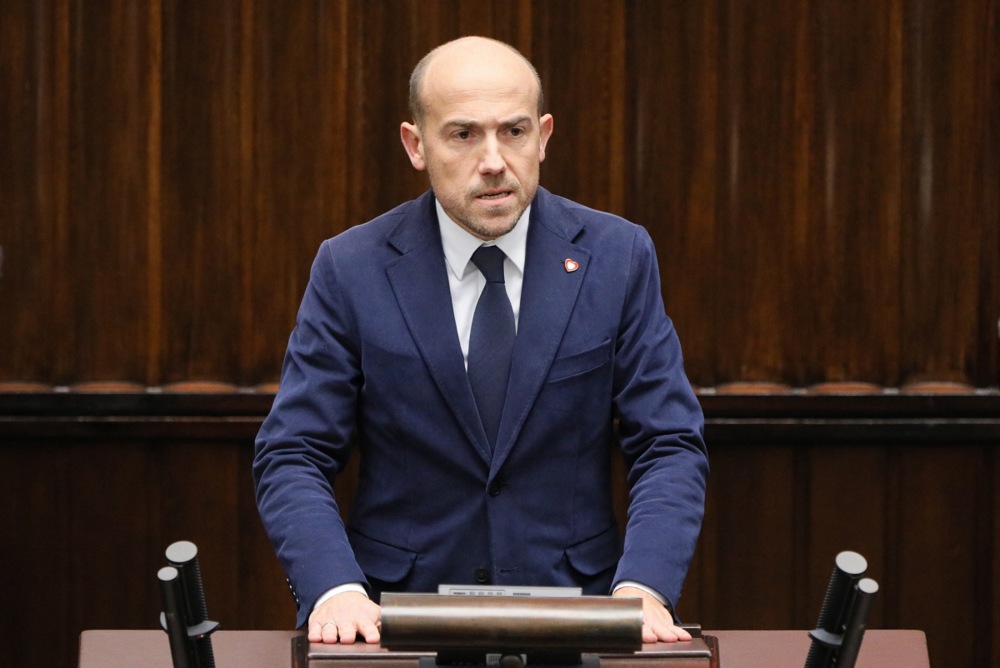Polish Prime Minister Donald Tusk called for removing beavers from levees in the country, saying they damaged flood embankments.
Tusk made his comments about beavers at a regular televised meeting of the country’s crisis management team, which was responding to Poland’s worst floods in two decades.
“[T]here is a need for changes in flood management to prevent the presence of beavers on the levees,” he said.
“Our love for animals cannot override public safety considerations”.
Many biologists and environmentalists have come out to challenge Tusk on his claims. Several even defended beavers for their role in water management, saying they helped to create bog territory, contributing to water absorption and retention.
Culling beavers is an old and misguided idea, they said, since beavers were good for the environment, and growth in their numbers was a Polish environmental success story.
As recently as 2023, Olsztyn in Poland’s northeast received permission to cull 200 beavers because of their interference in constructing new levees. Any cull of beavers requires a permit, as the animal is a protected species in Poland.
Authorities issued too many of these permits, which had little impact on river embankments, said Roman Głodkowski from “Our Beaver Association”, cited by portal Interia.pl.
Other animals, such as foxes, caused more damage to levees than beavers, the pro-beaver official added.
It was natural beavers would congregate around levees, as levees offer them protection and sources of food, biologist Tomasz Mizera meanwhile told Interia.
The real problem was in parts of levee construction, “the authorities forgot to regularly cut the undergrowth which attract the beavers to the area”, Mizera said.
Opposition Law and Justice (PiS) MP Marcin Ociepa, speaking in parliament on September 25, mocked Tusk for his remarks on beavers.
“Donald Tusk will blame anyone but himself and this is sometimes grotesque as in the case of blaming beavers for the floods,” he said.
“I wonder if these beavers are to blame for Storm Boris or the lack of information flowing between state officials and local governments?”
In parliament, the same day, Tusk preferred to concentrate on other issues regarding the floods. He warned against ‘fake news’ of levees being blown up to deliberately flood towns, saying these stories were intended to sow panic and undermine trust in the state.
Tusk pointed to Moscow, and said there had been growth in recorded activity from “Russian-linked accounts”.
The opposition PiS, however, concentrated on the lack of response to the flood in the Kłodzko valley during the weekend of September 13-15.
The PiS pointed to public documents from September 11, issued by Poland’s state meteorologists (IMGW), announcing third-degree hydrological and meteorological warnings for that region.
The warnings were sent to the government’s security centre (RCB), warning of severe rainfall and a 95 per cent probability of flooding.
Despite these warnings and a crisis management team being formed, the government took no decisive action to cope with the disaster, said the PiS.
Along with the PiS’s criticism, witnesses in the Kłodzko area claimed in Polish media they were left to their own devices on the weekend of September 13-15.
The army and fire and other emergency services only arrived the week after, they added.





